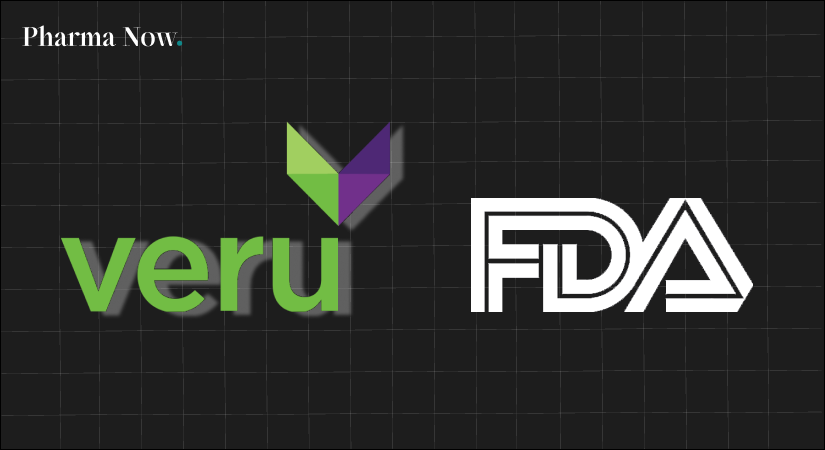Veru Secures FDA Guidance For Enobosarm In Obesity: Muscle Preservation And Added Fat Loss With GLP-1 RAs
Veru receives FDA guidance supporting enobosarm’s incremental weight loss as an approvable endpoint in obesity treatment.
Breaking News
Sep 24, 2025
Vaibhavi M.

Veru Inc., a late-stage biopharmaceutical company focused on cardiometabolic and inflammatory diseases, announced it has received valuable regulatory clarity from the U.S. Food and Drug Administration (FDA) regarding its lead obesity drug candidate, enobosarm. Enobosarm, a selective androgen receptor modulator, is being developed as a muscle-preserving therapy to be combined with GLP-1 receptor agonists (GLP-1 RAs) to enhance weight loss outcomes in obesity treatment.
“Although FDA’s position has evolved based on previous communications with Veru, this change is a big step forward as FDA’s current regulatory position that incremental weight loss is an acceptable approvable primary endpoint provides what we believe is a more certain regulatory pathway for the development of enobosarm for the treatment of obesity. Our positive Phase 2 QUALITY clinical study provided proof of concept that 16 weeks of enobosarm treatment was able to preserve lean mass, burn additional fat mass, and improve physical function in older patients who have obesity and were receiving semaglutide for weight reduction,” said Mitchell Steiner, M.D., Chairman, President, and Chief Executive Officer of Veru.
During the meeting, FDA confirmed that incremental weight loss from enobosarm plus GLP-1 RA compared with GLP-1 RA alone is an acceptable primary endpoint to support regulatory approval. FDA also endorsed the use of a 3 mg dose of enobosarm for future trials and encouraged Veru to include younger patients with obesity in upcoming studies, as this group could benefit from muscle preservation during weight loss. The agency’s evolving stance highlights a new regulatory pathway for muscle-preserving drugs in obesity management.
He also said, “Although weight loss was similar across treatment groups at the end of this short active weight loss period of 16 weeks, it is expected that incremental weight loss will be observed in a longer clinical study in patients with obesity as preservation of lean mass and physical function will continue to increase energy expenditure coupled with enobosarm’s ability to directly cause greater fat loss. In fact, 12 weeks after discontinuation of semaglutide in the maintenance period of the Phase 2 QUALITY study, enobosarm monotherapy continued to burn fat and was able to prevent weight regain by 46% resulting in greater additional fat loss compared to placebo group by end of study. Accordingly, we will now take advantage of this current FDA guidance, allowing incremental weight loss as the primary endpoint and accepting enobosarm 3mg as the optimal dose, to advance enobosarm into a planned Phase 2b trial. Receiving this regulatory clarity is especially important as we seek to advance our partnering efforts.”
Veru plans to adapt its clinical development program for enobosarm based on this updated FDA guidance. The drug has shown the potential to preserve muscle mass while promoting selective fat loss, helping patients overcome the weight-loss plateau commonly observed with GLP-1 RAs, such as tirzepatide. Data from Veru’s Phase 2 QUALITY study demonstrated enobosarm’s ability to deliver 100% fat loss with no lean mass reduction at 16 weeks. With these advantages, enobosarm could significantly increase the proportion of patients achieving and maintaining a normal weight.
